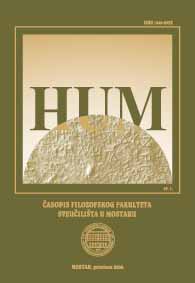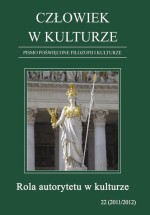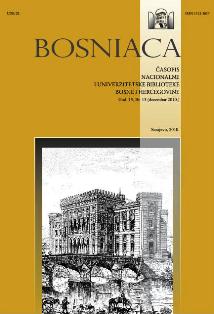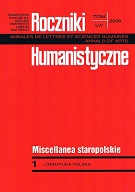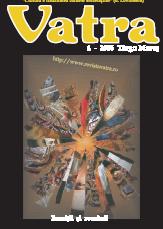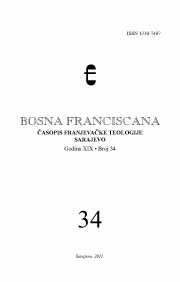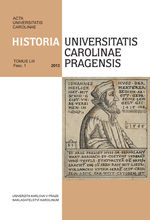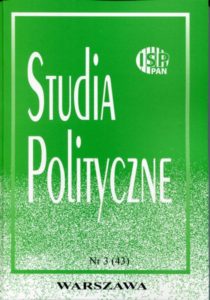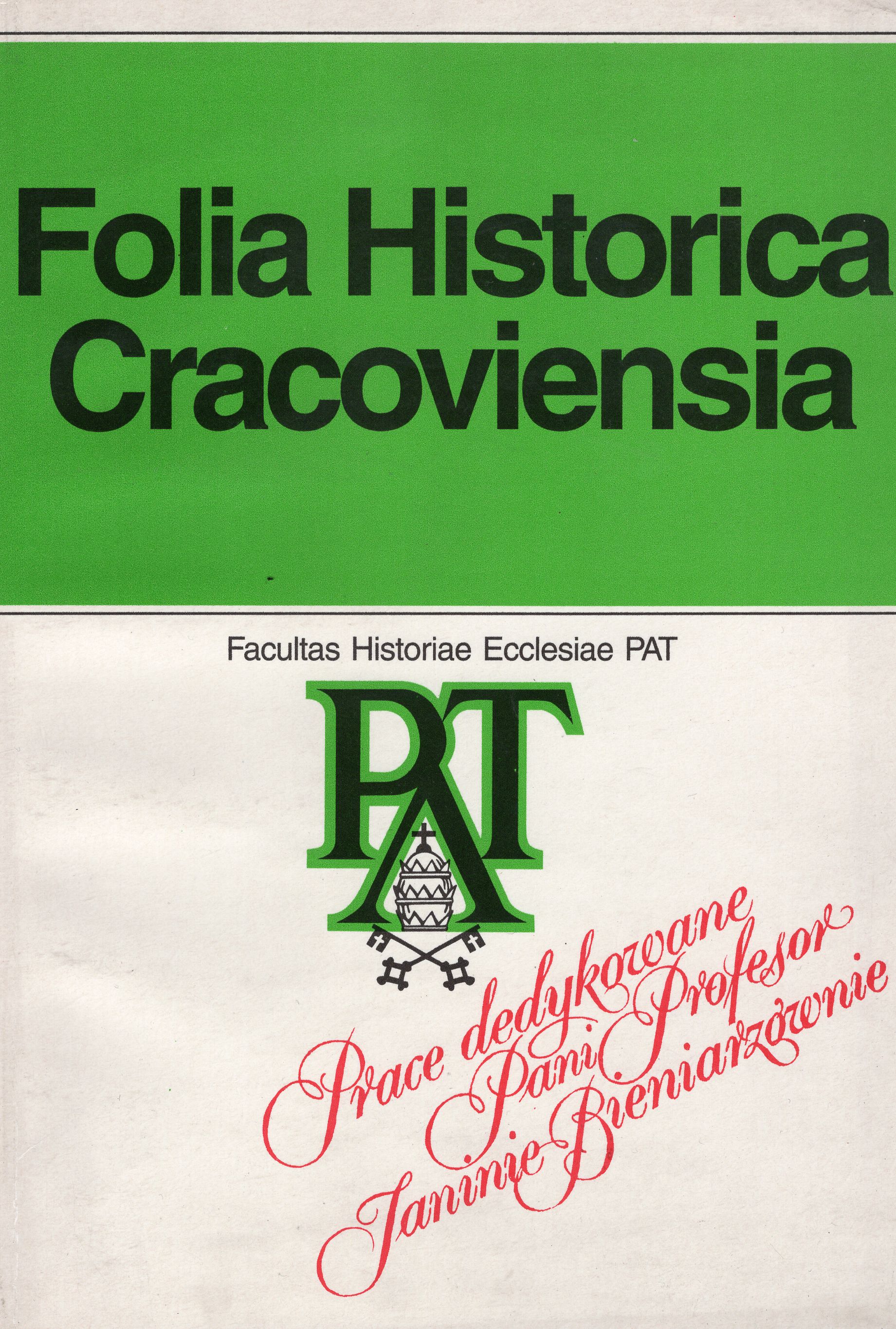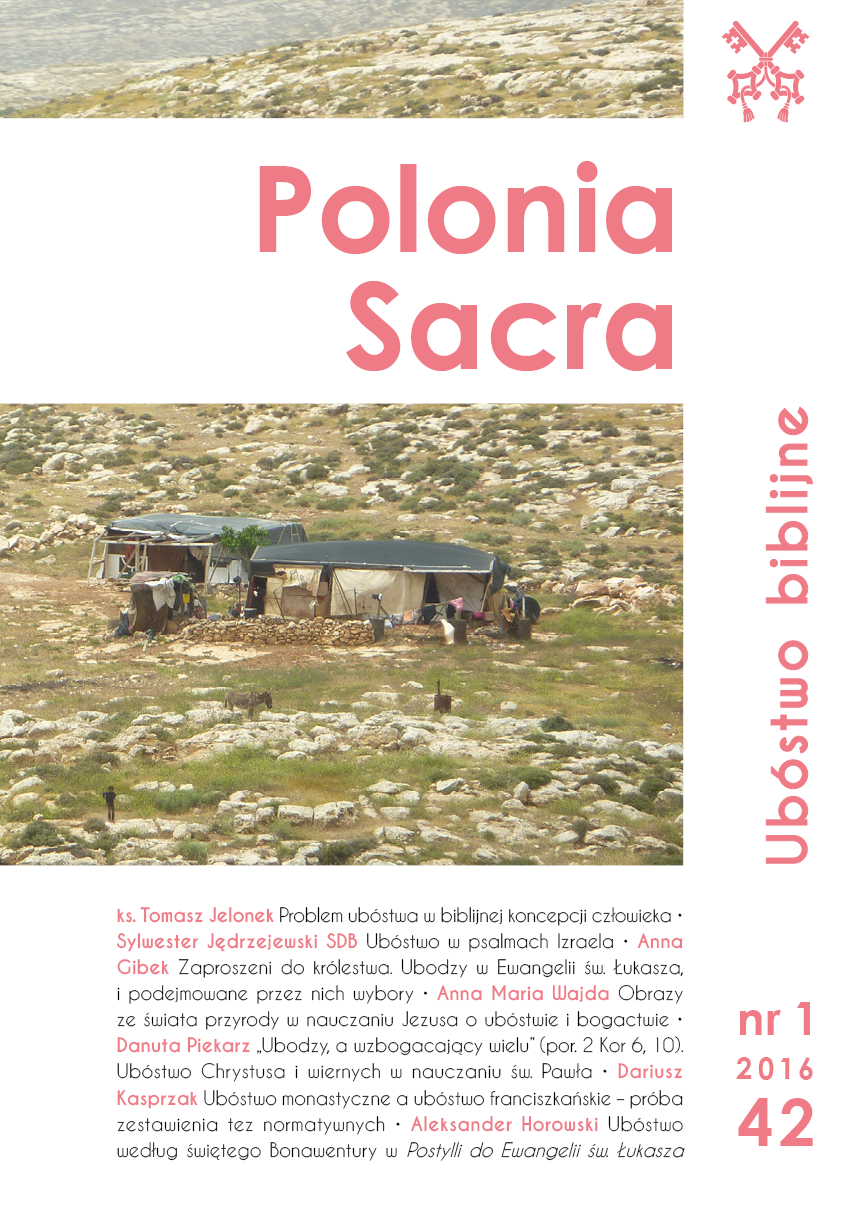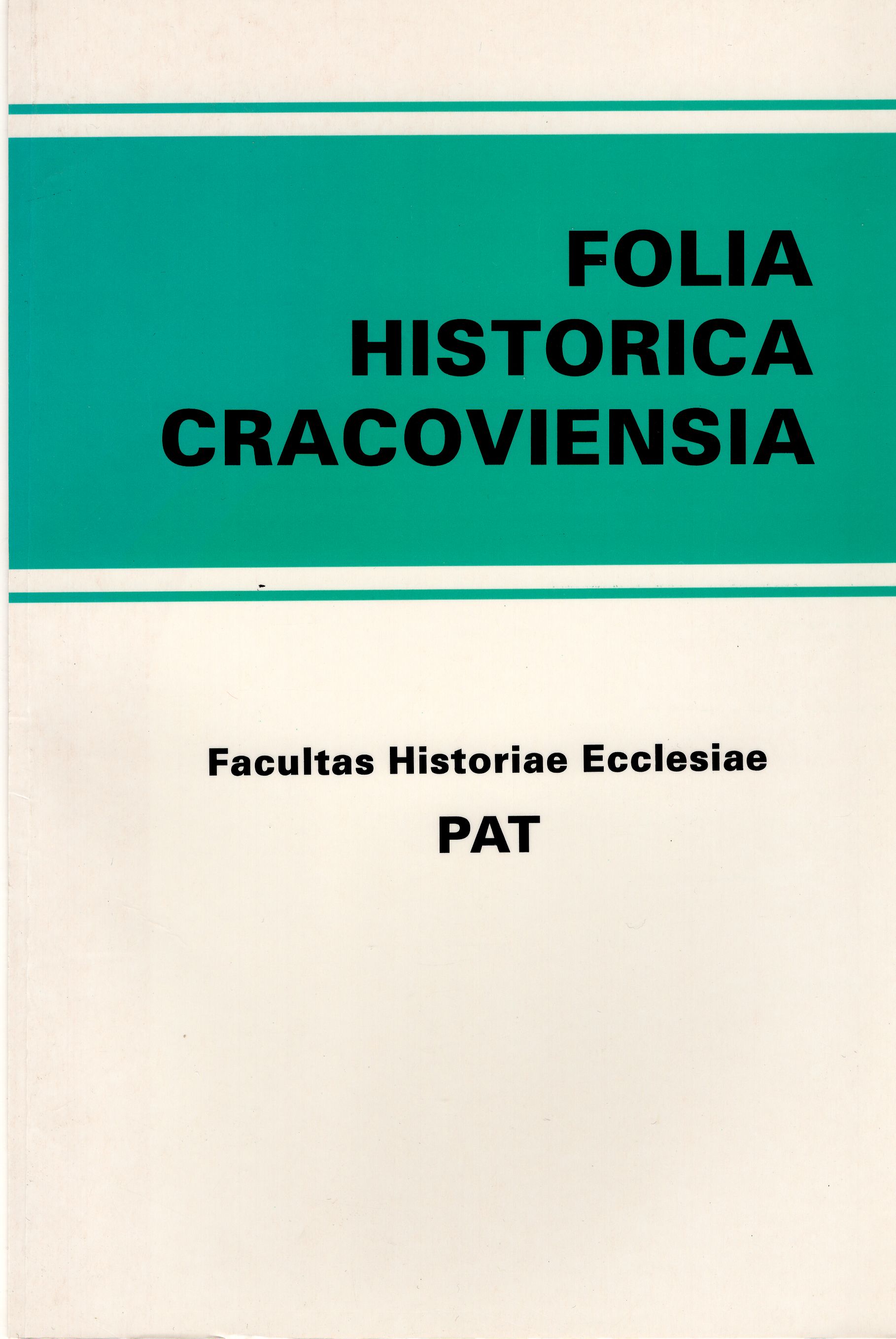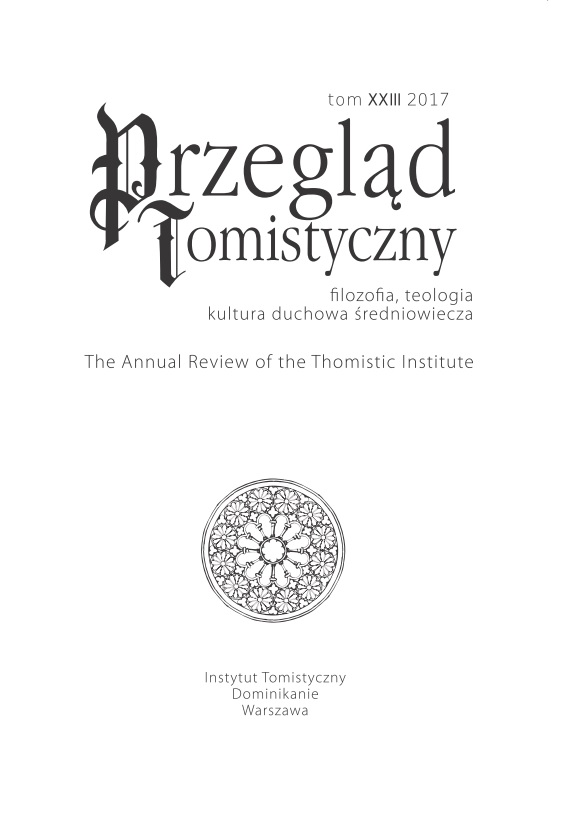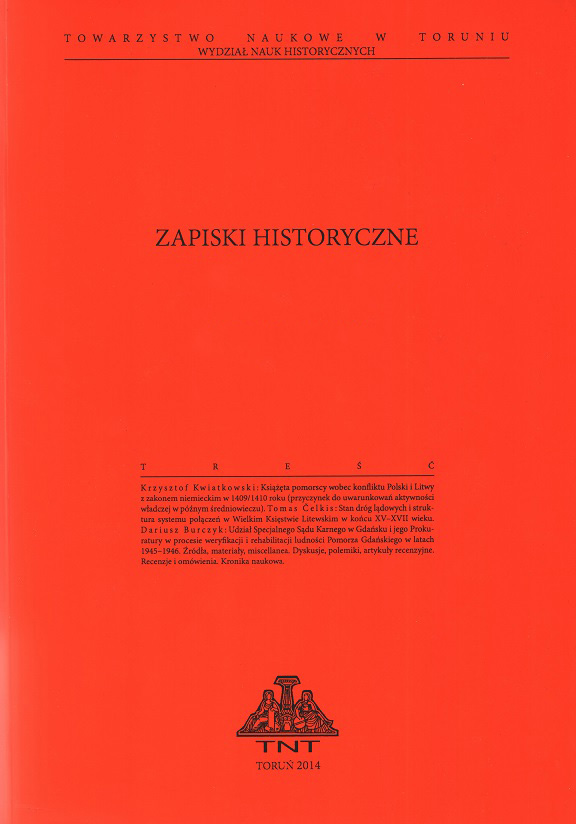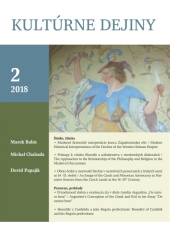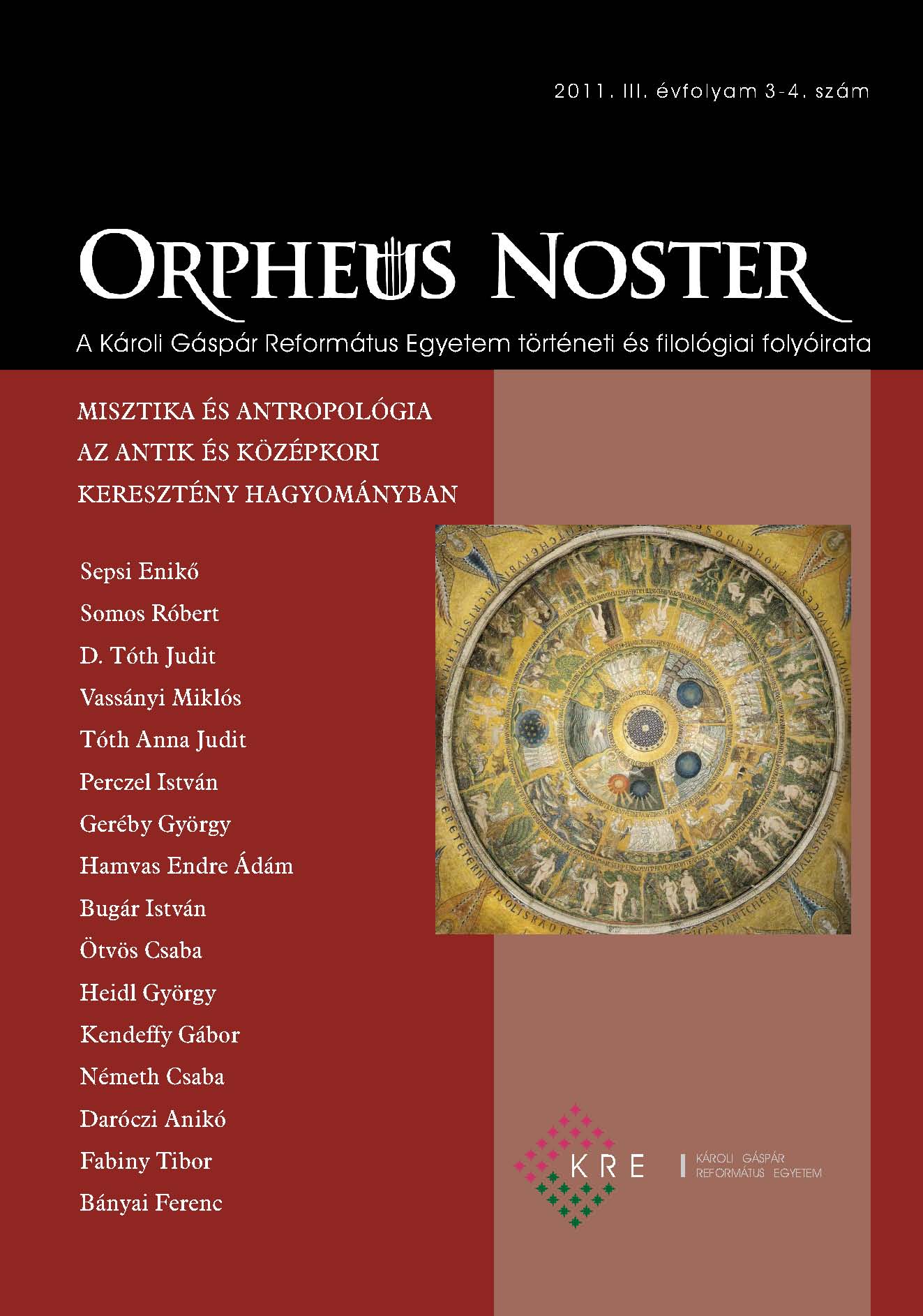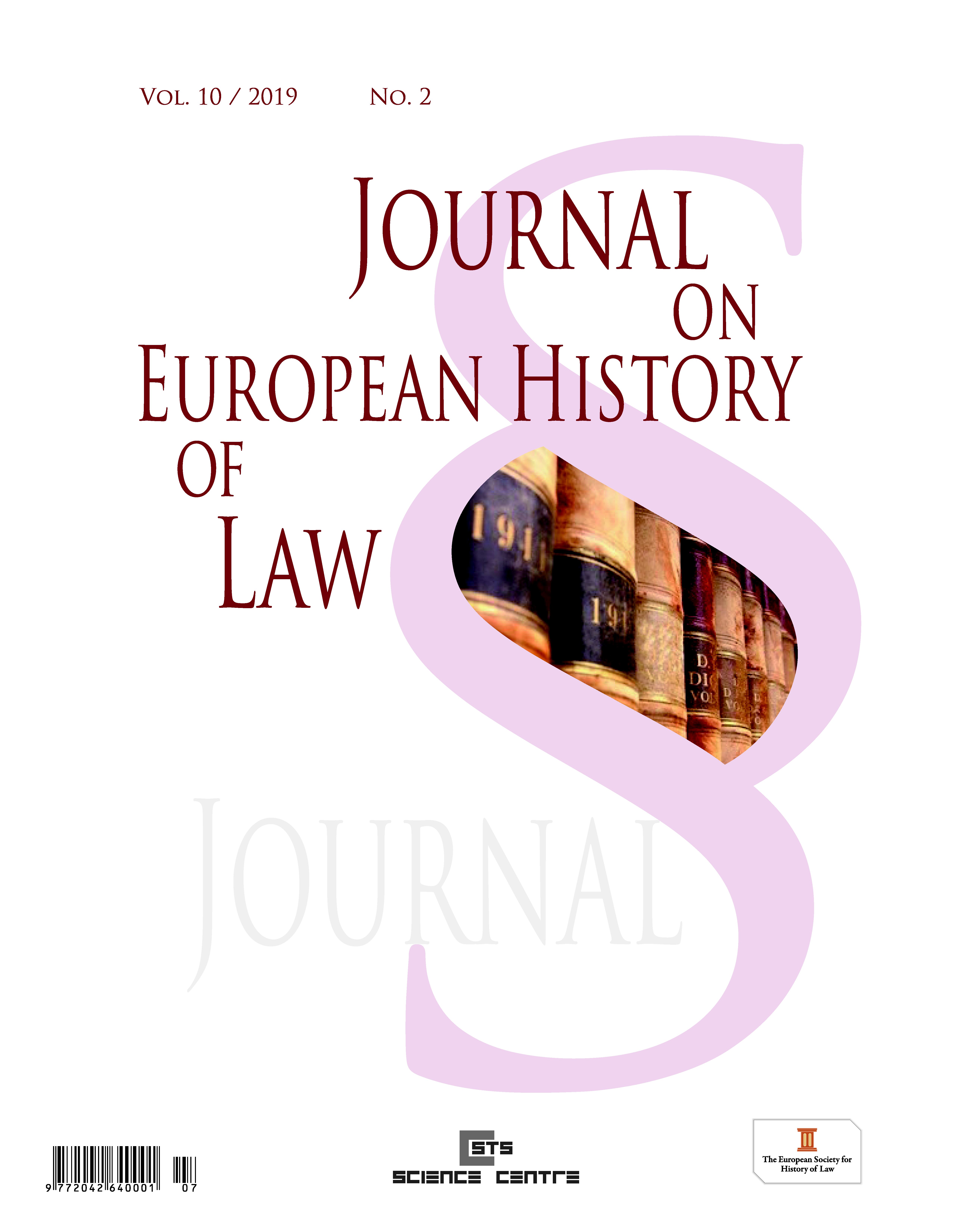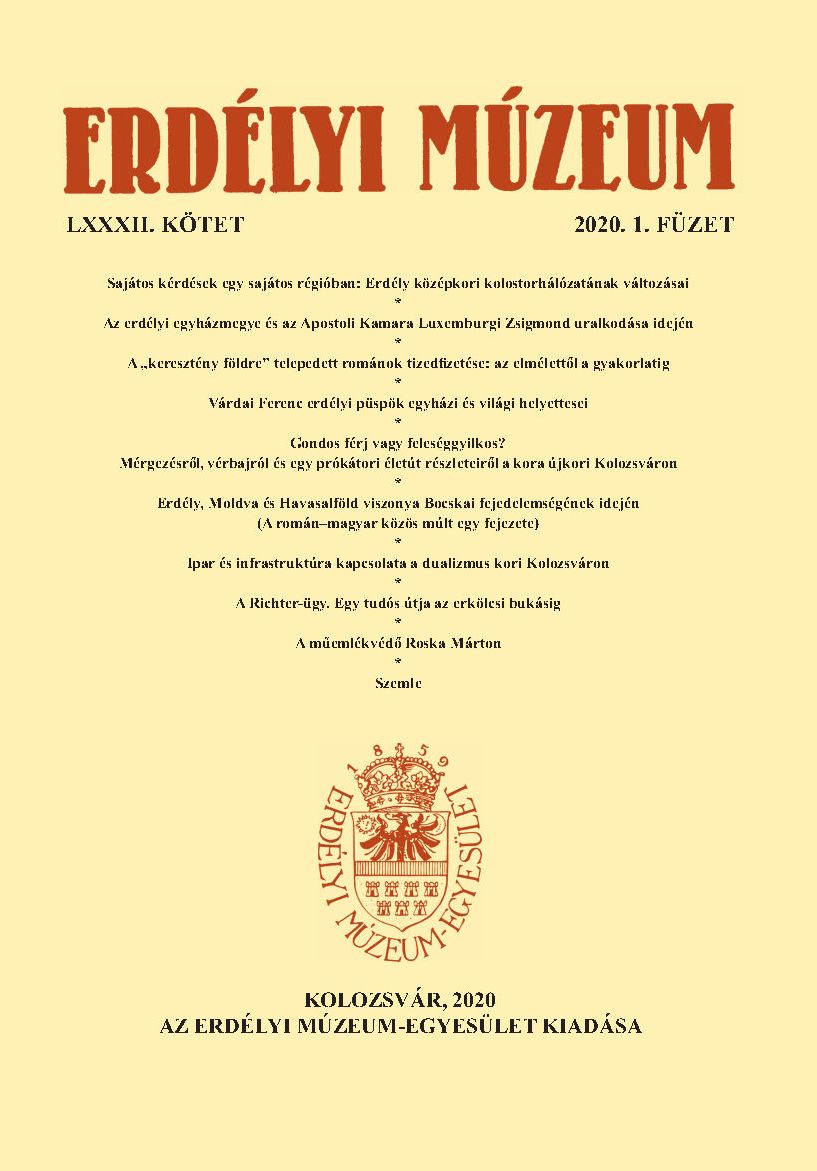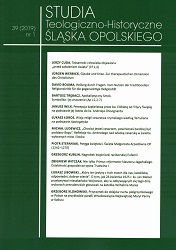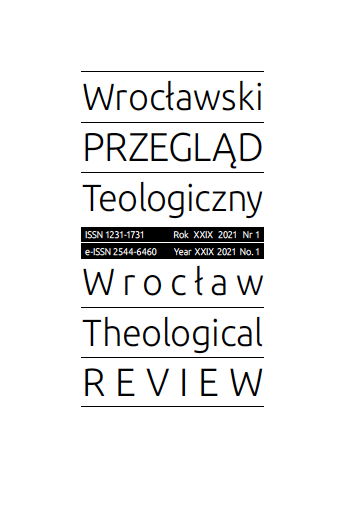Prirodzenosť dobra a existencia zla v diele Aurélia Augustína „De natura boni“
Author(s): / Language(s): Slovak,Latin
/ Issue: 2/2018
Keywords: Aurelius Augustinus; Ecclesiastical History; good and evil; translation;
In this paper we propose the Saint Augustine‘s conception of the good and evil, which could be found in his essay De natura boni. The first translation into the Slovak language of the first chapters of this discourse is incorporated into this work as well. The main goal is held on the explication of the nature of good and the existence of evil in the God’s creation. We try to show that Saint Augustine in his teaching proclaims that there is no evil principle, or evil god as the source of any bad creation. We will see that the only creator is God, the highest good and the principle of all creatures created ex nihilo. According to Saint Augustine’s thinking the evil does not exist. There exists only the created good on the different stages of its perfection. To explain it we will see how Saint Augustine introduces the three categories – the measure, the form and the order, that have the influence on the perfection of the creatures.Saint Augustine, the one of the biggest and in the history the most influential thinker of the Western Church, in his apologetic discourse having the title De natura boni (On the nature of Good) against the Manichaean dualism deals with the metaphysical question concerning the origin of good and evil. Using the platonic philosophy and the doctrine of emanation he proclaims that the highest good is God who claims ex nihilo the existence of all creatures. So, it is clear that the creatures having their origin the highest good must be good as well. Saint Augustine queries what good is itself? In his teaching he defines the good as nature. And nature is obviously good for him. The bishop of Hippo discerns in reality the three types of nature. The first one is nature not having been created, unchangeable and spiritual which is God itself. The second one is nature spiritual which is having been made and which is changeable. And finally the last one, the third nature is defined by Saint Augustine as nature created, corporeal, which could be modified and changed. All these natures are certainly good and they differ only on their stage of perfection and on the distance, which separates them from God. If the creatures are more elongated from the God, the source of good and perfection, they are less perfect and vice versa. There are also the other factors, which could modify the quality of the creatures. These factors are described by Saint Augustine as the categories that influence the nature of the creatures. He distinguishes three of them – the measure, the form and the order. The measure, form and order are in fact the three constitutional elements of each nature, of each being. The corruption of one of them corrupts the nature itself, not only the good of creature, but it is being obviously. And Saint Augustine believes that the destruction of only one of these three elements could destroy the whole being of the creature. It is evident that the creatures differ between them by the amount of the measure, form and order. In the question of the origin of evil our bishop of Hippo proceeds analogically. All created natures; all created beings are good by their nature. The good God can create only good creatures because he wants them to be good and perfect. The evil represents simply the absence of the good, the corruption or destruction of any of elements held in the nature of the being. At the end of our paper we could find the translation from Latin to Slovak language of elected chapters concerning the matter of good and evil taken from the Saint Augustine’s treatise De natura boni.
More...
